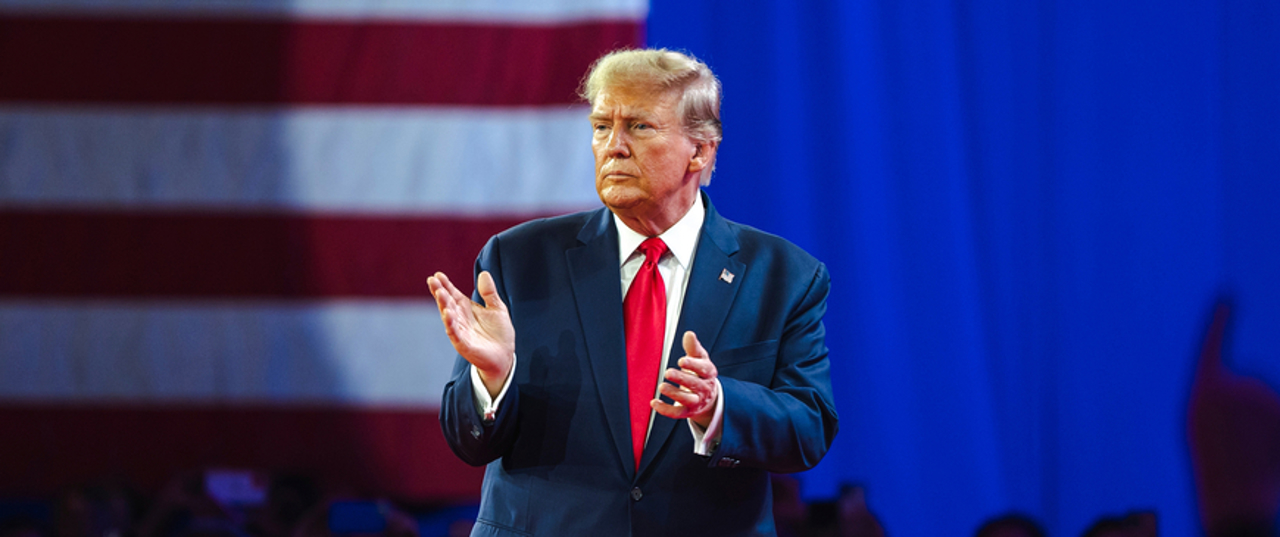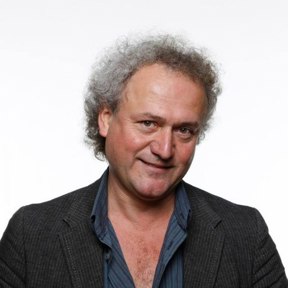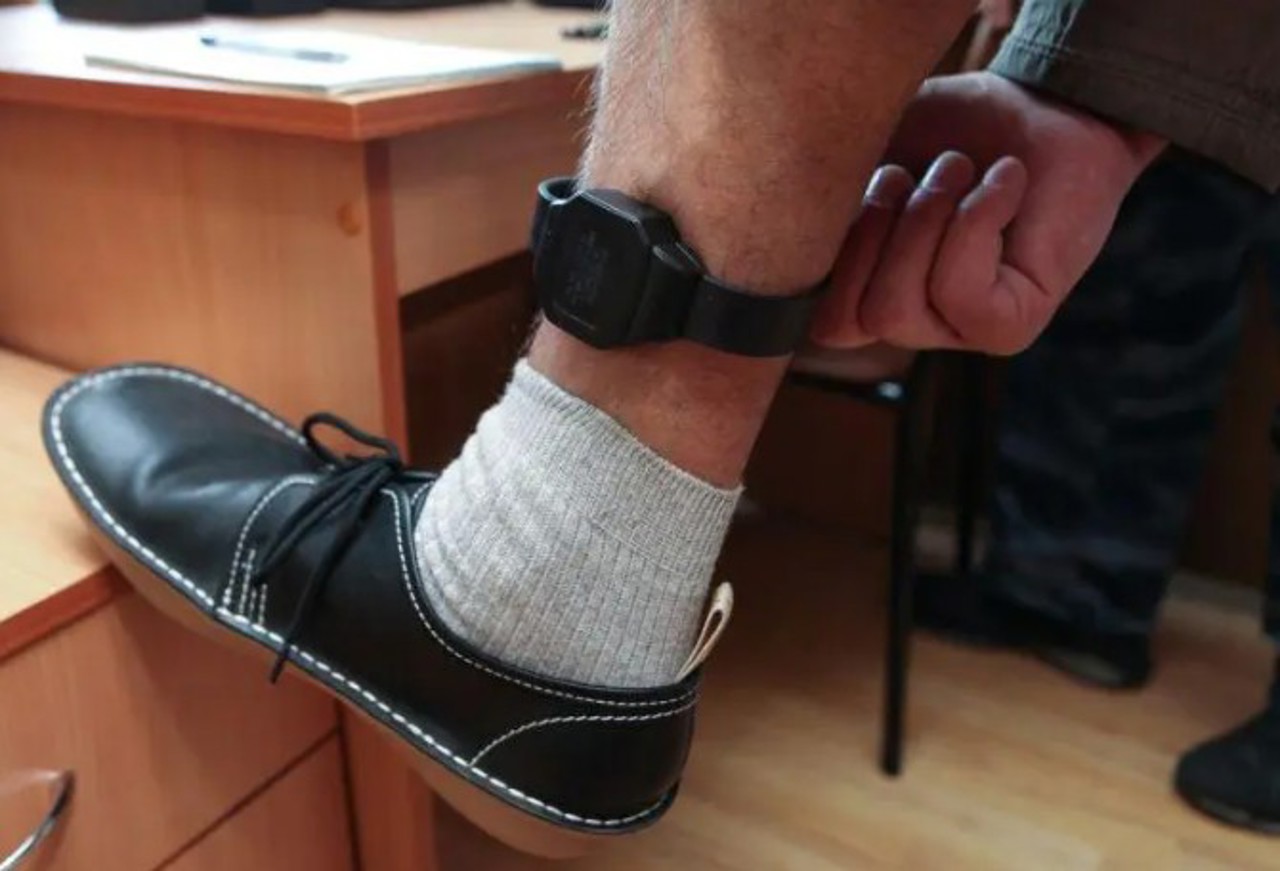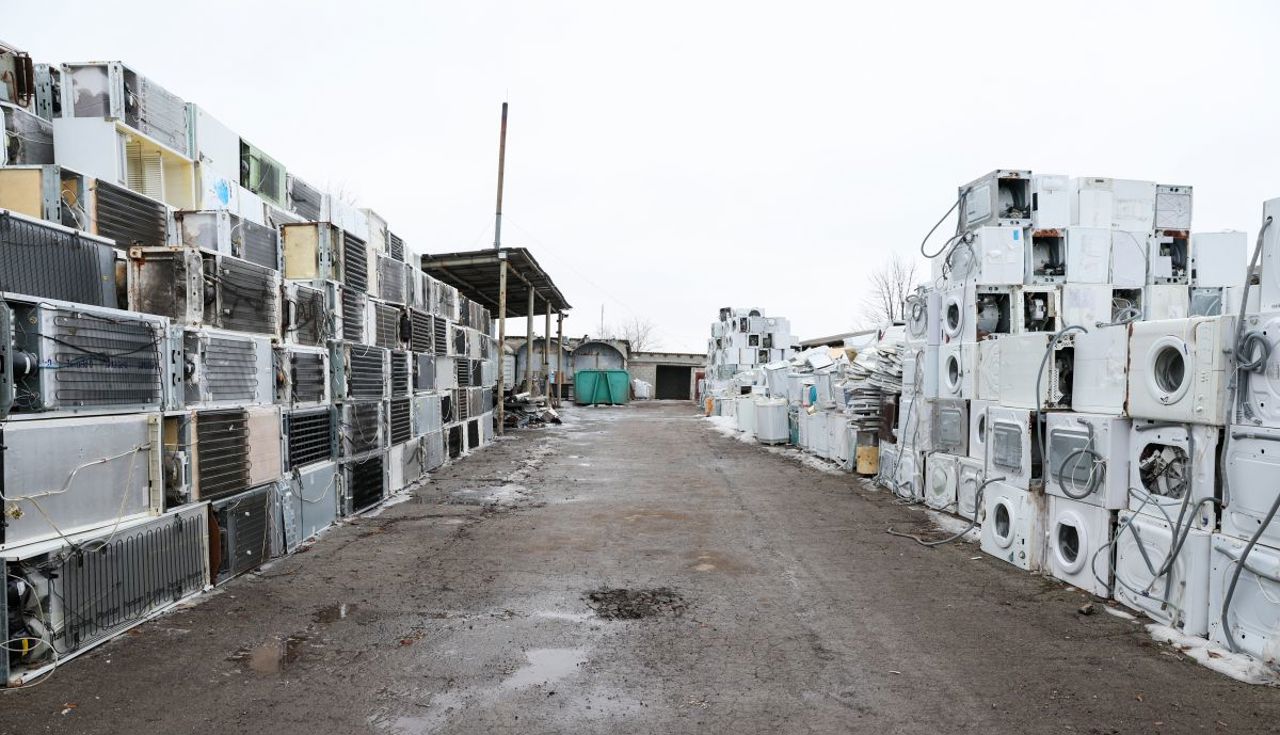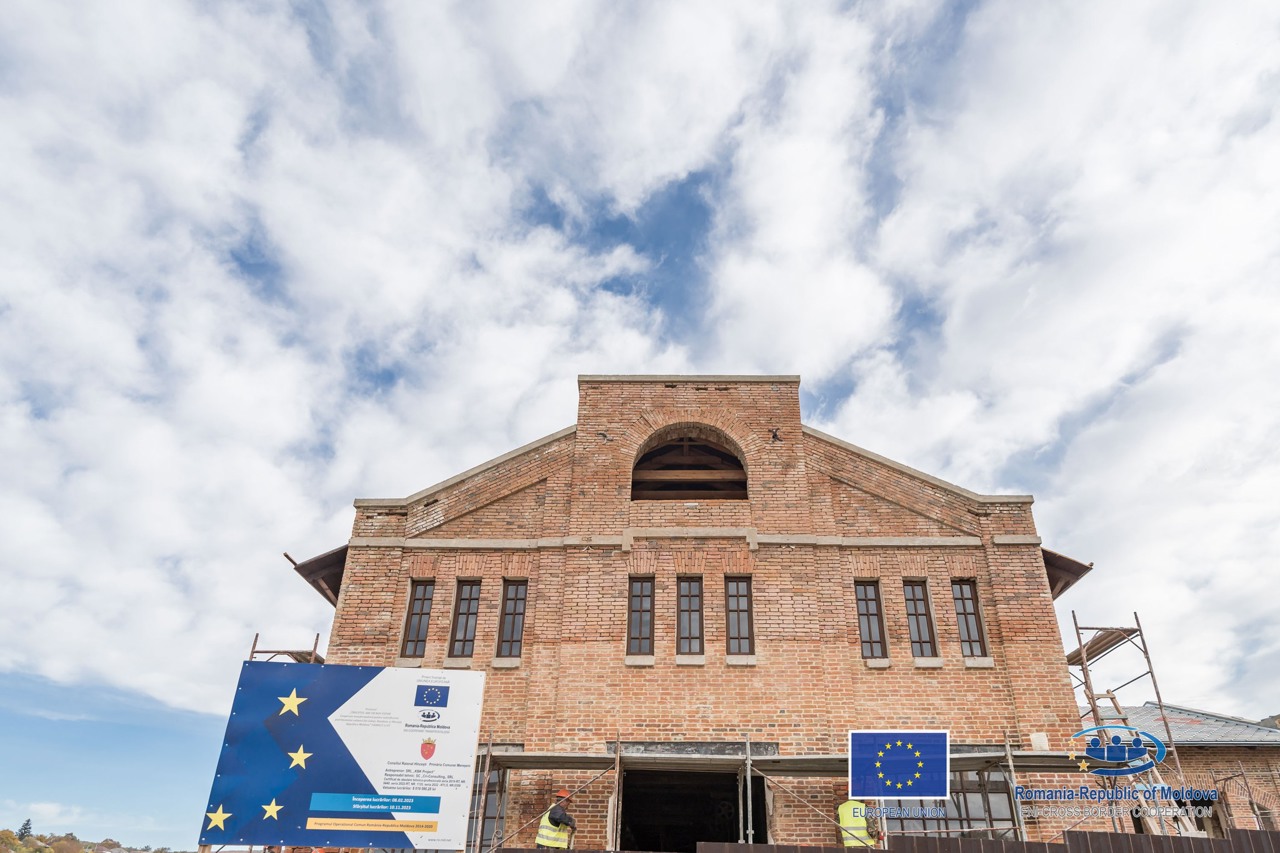Trump’s second term: Europe’s response to global shifts
Monday, January 20 marks the inauguration of Donald Trump as the 47th President of the United States, beginning his second term.
Europe anxiously awaits his first actions and decisions. On the "Old Continent," Poland has just assumed the rotating presidency of the EU for the first half of the year. Many expect a shift in the EU’s political style after Viktor Orbán’s conciliatory, almost servile attitude towards Putin during Hungary’s EU presidency, which has just ended.
Maximum alert in Washington ahead of Donald Trump’s inauguration.
Joe Biden’s farewell speech: Oligarchy threatens American democracy.
What will Poland’s strategy be? And how will the EU react to the potential abandonment of Ukraine by Trump?
In Warsaw, the prevailing opinion is that Western nations will need to flatter Trump rather than confront him, in order to avoid a trade war in Europe and ensure continued support for Ukraine.
Trump is not the most subtle leader in the world. Europe might attempt to present a positive offer to the new U.S. administration, which could include Ursula von der Leyen's proposal to buy more natural gas from the U.S. or to increase defense spending to ensure that European NATO members meet their military and financial commitments to NATO and the U.S.
During his first term, Trump’s strategy was to disregard Brussels and European institutions, instead focusing on bilateral agreements with individual EU countries. This must be avoided this time around, and this is precisely the role of the current rotating presidency of the European Council, held by Poland: to demonstrate the unity of the member states.
Volodymyr Zelensky will agree to cede certain territories only in exchange for NATO membership, which is an unbreachable red line for Russia. It is now up to Poland, Germany, and France to play a decisive role, ensuring that the EU acts as a buffer.
This moment of truth will be so difficult that the outcome is unpredictable, yet three politicians are expected to play a decisive role in the EU’s future this year.
The first is Donald Tusk, Poland’s Prime Minister, whose country is making significant investments in its military capabilities. He has been at the forefront of urging the Union to oppose Vladimir Putin by developing a common defense.
The second is Friedrich Merz, the Christian Democrat who is expected to become Chancellor following the German elections on February 23. He has voiced support for common loans, the development of a European defense, and a firmer stance towards Vladimir Putin.
As for the third key politician, Emmanuel Macron, he has significantly hardened his tone against Vladimir Putin. He can only reaffirm his position in French politics by placing himself at the forefront of international diplomacy. The French president may be preparing to lead a Franco-German-Polish initiative for Europe to secure the demarcation line between Ukrainians and Russian aggressors, who have more recently been supported on the ground by North Koreans.
Regarding internal and external security, the EU Council is expected to make progress in securing Europe’s borders, cybersecurity, combating foreign interference and disinformation, and boosting the defense industry within the bloc.
European defense spending reached a record level of 279 billion euros in 2023. However, estimates indicate that even more funds will be needed to fill funding gaps and invest in new projects, such as the European missile defense shield, after years of insufficient investment.
Funds allocated for defense in the EU’s 2021-2027 budget amount to around 10 billion euros, and the next long-term EU budget, known as the Multiannual Financial Framework (MFF), will not take effect until 2028, with payments not expected to begin until at least a year later.
A recent report by Mario Draghi on competitiveness estimated that the EU needs to mobilize an additional 500 billion euros for defense over the next decade to keep pace with competitors like the U.S. and China.
Translation by Iurie Tataru
